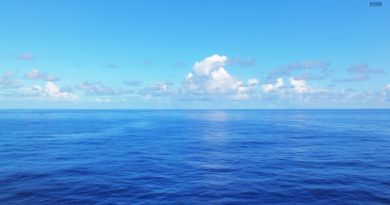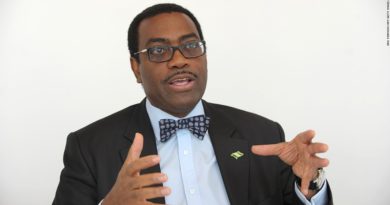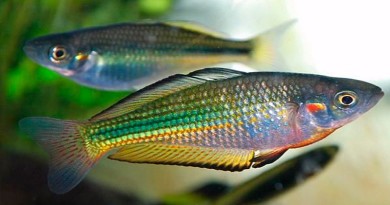UN maiden ocean conference opens as Guterres calls for action
Warning that the special relationship between people and the ocean that brings untold benefits for life is under threat as never before, United Nations Secretary-General António Guterres told the opening of the Ocean Conference that the problems of the ocean—all created by human activity, can all be reversed and prevented with decisive, coordinated action.
“Oceans are a testing ground for the principle of multilateralism,” he said. “The health of our oceans and seas requires us to put aside short-term national gain, to avoid long-term global catastrophe.”
“Conserving our oceans and using them sustainably is preserving life itself,” he added.
World leaders joined representatives from civil society, business, academia and science at the Ocean Conference at UN Headquarters in New York in calling for accelerated action to reverse the deterioration of the ocean.
The opening of the Conference has been marked by a surge in the number of voluntary commitments to take action to improve the health of the ocean—more than 700 commitments have been received.
The President of the UN General Assembly, Peter Thomson, said in the opening session: “In most probability this conference represents the best opportunity we will ever have to reverse the cycle of decline that human activity has brought upon the Ocean.”
He added that the central conclusion for humankind at this time is clear: “if we want a secure future for our species on this planet, we have to act now on the health of the ocean and on climate change.”
But Thomson also voiced a measure of optimism, noting: “The good news is that we have already taken decisive action. We put in place SDG14 within the 2030 Agenda. Remedial Ocean action is getting underway. And we have ratified the Paris Climate Agreement. Remedial climate action is already underway!”
The Conference, co- hosted by Fiji and Sweden, began with a solemn Fiji ceremony that is accorded to high dignitaries to formally welcome and receive them into a community. The heart of a Fijian traditional welcome ceremony symbolizing the deep regard for communal ties and respect for the value of working together to achieve common goals or mutual benefit.
Swedish Deputy Prime Minister Isabella Lövin said in the opening session, Sweden remains fully committed to maintaining the political momentum created by the adoption of the Paris Agreement, the 2030 Agenda and SDG 14, and called upon all United Nations Member States–as well as other critical stakeholders, including business, civil society and academia–to harness this unique opportunity, and start working to make a real difference.
“We are truly looking forward to seeing new partnerships being formed, and new voluntary commitments on SDG 14 being submitted during and after the conference, and warmly welcome the commitments already made. The momentum is really energizing.”
Fiji Prime Minister Frank Bainimarama, and the incoming president of the next Climate Conference, said: “Climate change poses the biggest threat the world has ever known. And the quality of our oceans and seas is also deteriorating at an alarming rate. They are interlinked, because rising sea levels, as well as ocean acidity and warmer waters have a direct effect on our reefs and fish stocks and the prosperity of our coastal communities.”
Ocean Conference Secretary-General Wu Hongbo also noted that the Call for Action that will be adopted at the end of the Conference contained 22 “specific actions promises to galvanize global commitments and partnerships for our Ocean.”
The number of voluntary commitments continues to grow. Importantly, these commitments cover all targets of SDG14 and its linkages with other SDGs. “I am confident that with the broad support and enthusiasm from Member States and all other stakeholders, with commitment from all of you, the Ocean Conference will bring about solutions and concrete actions in saving our Ocean, and in advancing the implementation of SDG 14.”




